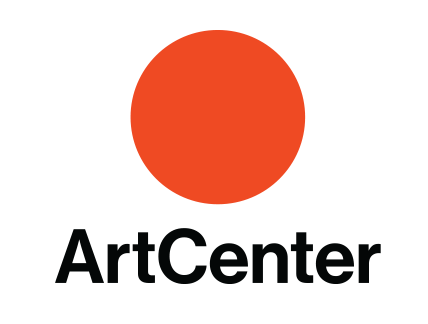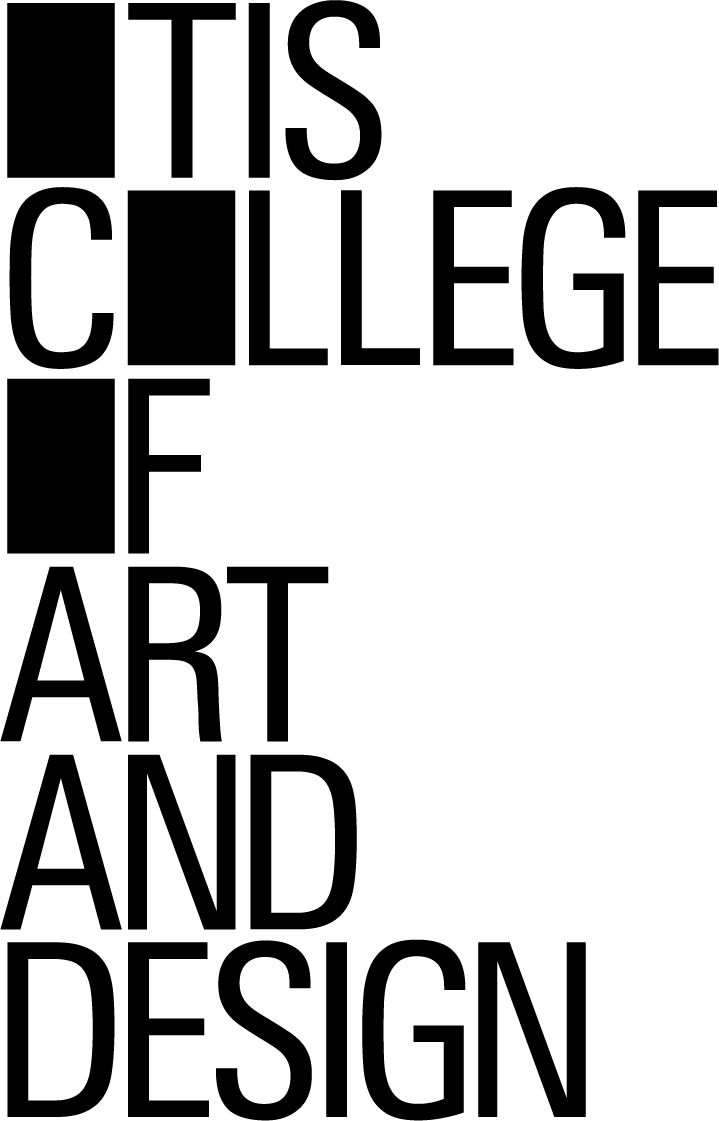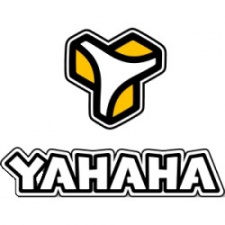Just What Does A Game Producer Do?
 The job of a game producer is not well understood outside of the game industry (or even within it sometimes). It doesn’t have the glamor of being a game designer, nor the hard skills of a programmer or artist, but it does have an extremely value function: to deliver a quality product within the time and budget constraints.
The job of a game producer is not well understood outside of the game industry (or even within it sometimes). It doesn’t have the glamor of being a game designer, nor the hard skills of a programmer or artist, but it does have an extremely value function: to deliver a quality product within the time and budget constraints.
A game producer serves as liaison between the game publisher and game developer. A producer’s responsibilities can include:
- Scouting new development talent
- Developing game concepts
- Negotiating development deals with game developers and working with the publisher’s legal department to create development agreements
- Developing schedules and budgets with developers
- Presenting game proposals to management for greenlighting into production
- Obtaining rights to used any licensed intellectual properties (art, music, songs, celebrity participation or likenesses, etc.)
- Helping to secure any third-party development assistance such as game engine licensing, art outsourcing, motion capture facilities, voice-over recording studios, etc.
- Periodically (sometimes daily) with checking with the game developer to make sure that they are on task and helping to resolve any problems
- Keeping the publisher’s management informed of the game’s development status and formulating plans for responding to problems (including providing the developer with extra technical assistance, reducing the project’s scope, increasing the budget and/or schedule, or canceling the project).
- Reviewing developer milestone deliverables for acceptance and working with the publisher’s finance department on issuing milestone payments
- Working with the publisher’s marketing and sales departments to identify the game’s target audience, competition, play value, and competitive features.
- Working with the developer to provide the marketing and sales departments with screenshots, trailers, concept art, walk-throughs and other material needed to promote the game.
- Demonstrating the game at trade shows and on press tours.
- Working with the developer and the publisher’s quality assurance department on creating test plans.
- Working with the marketing department on creating the game’s packaging
- Determining with the quality assurance and marketing department which bugs must be fixed (and their priority) and which can be launched with the game as is.
- Managing the game’s localization (translation into foreign languages).
- Working with the publisher’s quality assurance, customer service, community management, and live operations departments on post-launch support.
- Formulating plans with the original developer, a new developer or the publisher’s in-house facilities for doing patches, ports, down-loadable content, expansions, sequels.
Electronic Arts founder Trip Hawkins originally established the role of a game producer. He based the position on record producers in the music industry, and even brought in some record producers to train his game producers on the craft.
However, the people who actually manage development teams are sometimes called producers too. (Trip Hawkins once told me that the proper name for that position is “director”, but people in that role are also called team leads, team managers, or project managers).
The responsibilities of a producer at a game development studio include:
- Being the liaison between the development team and the publisher’s producer.
- Hiring and firing individual team members.
- Helping team members to develop their skills.
- Working with the development team on creating a detailed project schedule and individual task assignments.
- Monitoring the team’s progress, identifying potential problems, and helping to resolve obstacles.
- Acquiring equipment, software tools, and other resources the development team needs
- Motivating the team to work productively.
- Ensuring that communications and pipelines are working well.
- Getting dinner when the team is working late.
I’ve worked both as a game producer for a publisher, and a game producer (or director) for a studio, and my focus was always the same: do whatever it takes to deliver a product that I, my team, and my company would be proud of.
Posted on August 11, 2014, in Game Production. Bookmark the permalink. Leave a comment.






Leave a comment
Comments 0